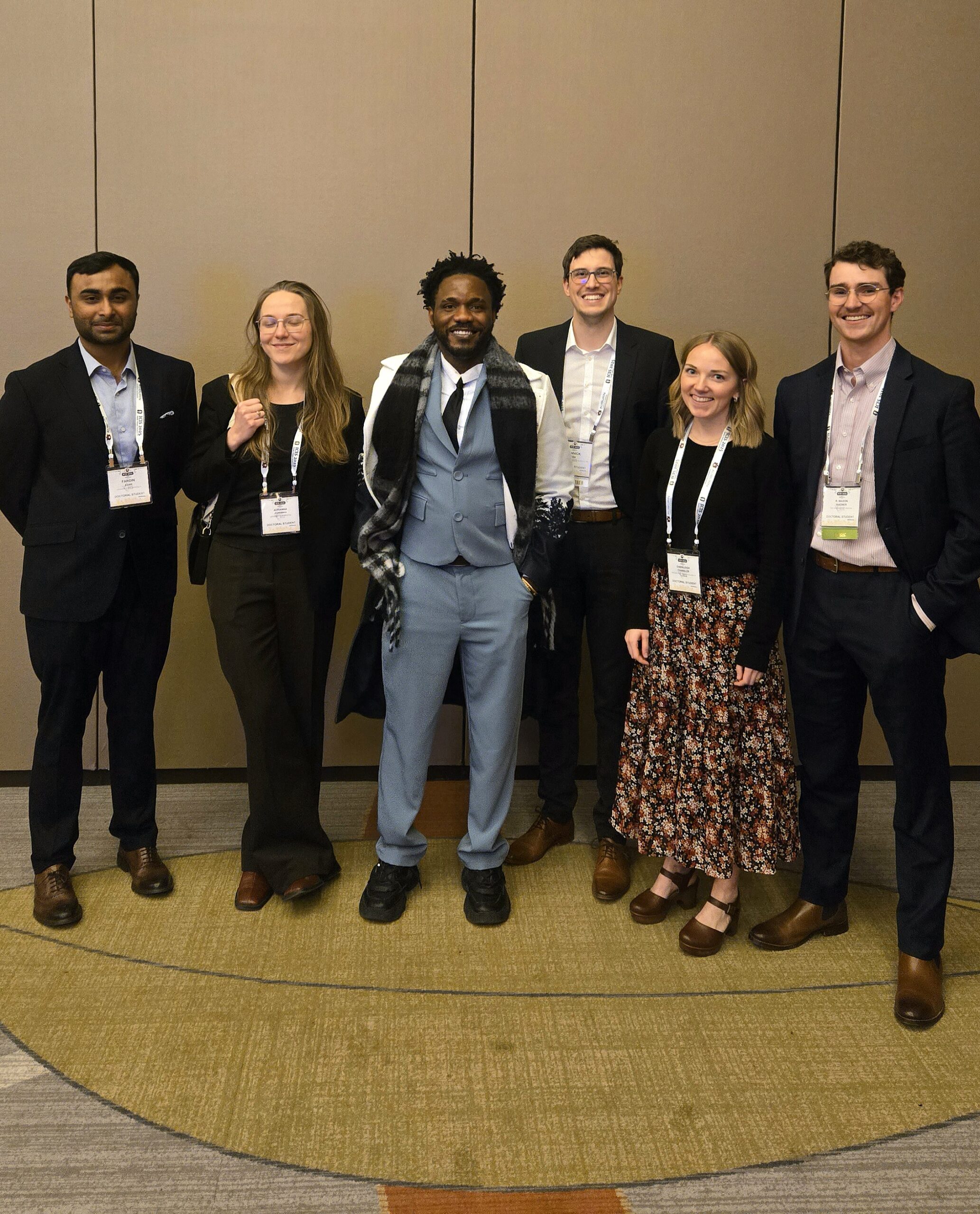The Theory of Academic Career Success proposes that an academic’s success is influenced by a combination of personal abilities, professional activities, and environmental factors. The primary constructs in this theory are Research Productivity, Teaching Effectiveness, Professional Networking, and Time Management Skills. These constructs interact to impact an academic’s career progression, recognition, and overall satisfaction.
Constructs and Variables
| Construct | Definition | Variables |
|---|---|---|
| Research Productivity | The quality and quantity of scholarly research outputs produced by an academic. | Number of publications, citation counts, research grants obtained. |
| Teaching Effectiveness | The ability to deliver educational content successfully and facilitate student learning. | Student evaluations, teaching awards, course completion rates. |
| Professional Networking | The extent and strength of an academic’s professional relationships within and outside their institution. | Number of collaborations, conference participations, professional memberships. |
| Time Management Skills | The ability to efficiently allocate time to various professional responsibilities. | Scheduling habits, meeting deadlines, balance of work activities. |
| Academic Career Success | The achievement of professional goals, recognition, and satisfaction within one’s academic career. | Promotion history, tenure status, job satisfaction surveys, peer recognition. |
Relationships (Propositions/Hypotheses)
- H1: Research Productivity positively influences Academic Career Success.
- Rationale: Higher research output and impact lead to greater recognition and opportunities for advancement.
- H2: Teaching Effectiveness positively influences Academic Career Success.
- Rationale: Excellence in teaching enhances an academic’s reputation and contributes to career advancement.
- H3: Professional Networking positively influences Research Productivity and Teaching Effectiveness.
- Rationale: Networking provides opportunities for collaboration, resource sharing, and professional development.
- H4: Time Management Skills positively influence Research Productivity, Teaching Effectiveness, and Professional Networking.
- Rationale: Effective time management allows academics to balance responsibilities and engage in networking activities.
- H5: Professional Networking mediates the relationship between Time Management Skills and Research Productivity.
- Rationale: Academics who manage their time well can engage more in networking, which in turn enhances research output.
- H6: The combined effect of Research Productivity and Teaching Effectiveness leads to greater Academic Career Success than either factor alone.
- Rationale: Success in both research and teaching is often required for promotions and tenure.
Explanation of the Theory
- What: The theory identifies key factors (constructs) that contribute to academic career success: Research Productivity, Teaching Effectiveness, Professional Networking, and Time Management Skills.
- How: It explains how these constructs interact:
- Time Management Skills enhance Research Productivity and Teaching Effectiveness directly and indirectly through Professional Networking.
- Professional Networking boosts both Research Productivity and Teaching Effectiveness.
- Research Productivity and Teaching Effectiveness together contribute to Academic Career Success.
- Why: The why is based on the understanding that:
- Academics who effectively manage their time can dedicate appropriate effort to research, teaching, and networking.
- Networking opens doors to collaborations and learning opportunities, enriching both research and teaching.
- Excellence in research and teaching is crucial for recognition, promotions, and tenure within academic institutions.
Conclusion
This theory suggests that an academic’s success is not solely dependent on individual components but on the interplay between them. By developing strong time management skills, engaging in professional networking, and excelling in both research and teaching, academics can enhance their career success.
Summary Table of Relationships
| Hypothesis | Relationship |
|---|---|
| H1 | Research Productivity → Academic Career Success |
| H2 | Teaching Effectiveness → Academic Career Success |
| H3 | Professional Networking → Research Productivity Professional Networking → Teaching Effectiveness |
| H4 | Time Management Skills → Research Productivity Time Management Skills → Teaching Effectiveness Time Management Skills → Professional Networking |
| H5 | Time Management Skills → Professional Networking → Research Productivity (Mediation Effect) |
| H6 | Research Productivity + Teaching Effectiveness → Greater Academic Career Success (Synergistic Effect) |
By understanding and applying this theory, academics can focus on developing the areas that most significantly impact their career progression and fulfillment.










Leave a Reply